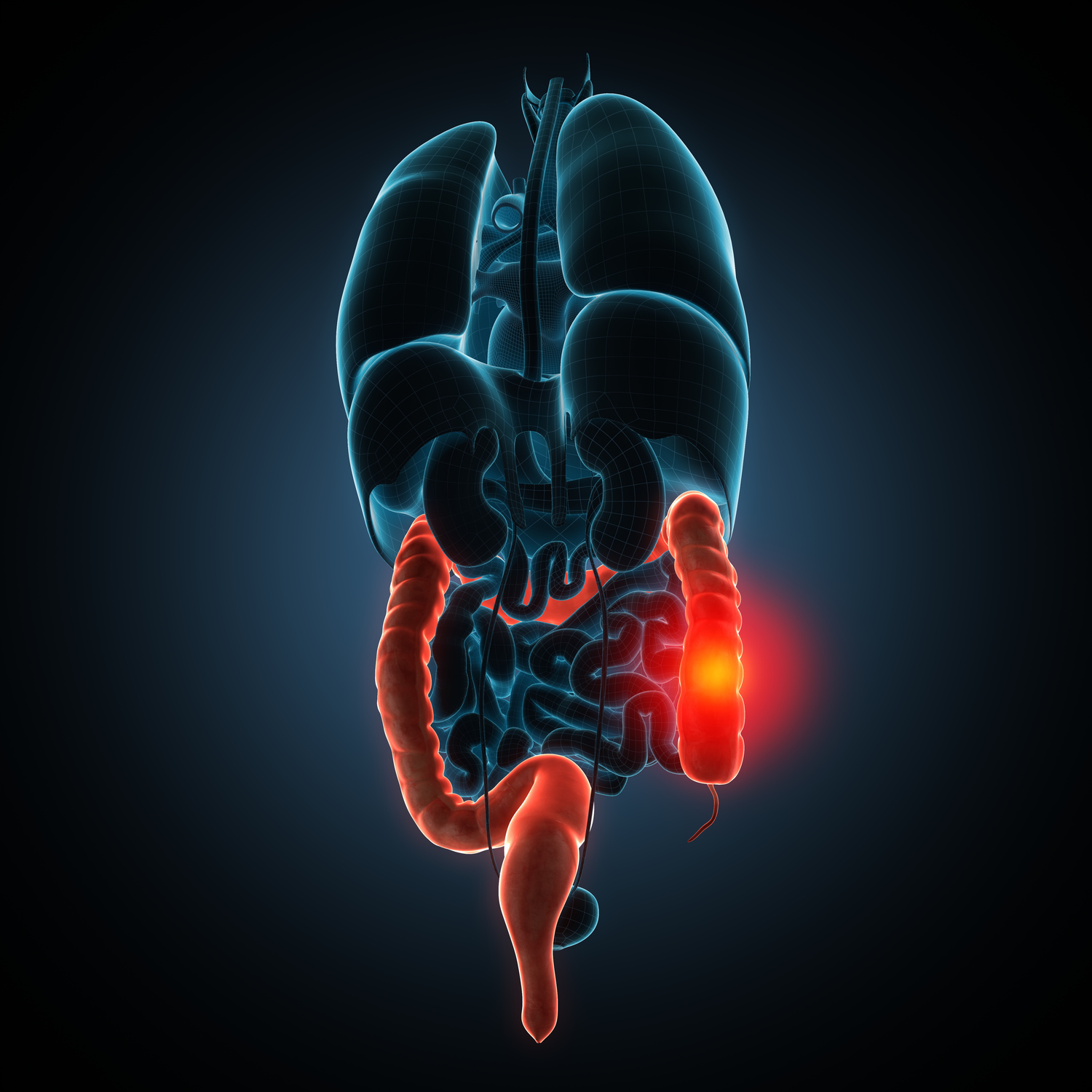Understanding Crohn’s Disease: A Chronic Condition of the Modern Age
Crohn’s disease is a chronic gastrointestinal disorder affecting individuals aged 15 to 35. Caused by genetic, environmental, and immune factors, it involves inflammation from mouth to anus. Though incurable, management includes medication and lifestyle changes. Early diagnosis through extensive testing is vital for controlling symptoms and preventing severe complications. Awareness and prompt treatment are critical for improving quality of life for those affected.

Understanding Crohn’s Disease: A Chronic Condition of the Modern Age
Every illness has a cure or a way to manage its symptoms. In today’s world, where health is often overlooked, lack of awareness about Crohn’s disease can lead to unexpected challenges. Educating oneself about this condition is vital.
Crohn’s disease is a serious gastrointestinal disorder distinct from irritable bowel syndrome. It involves inflammation that can affect any part of the digestive tract from mouth to anus, often causing long-term issues. Unlike temporary IBS, Crohn’s is a persistent disease.
Typically diagnosed in individuals aged 15 to 35, Crohn’s disease affects both men and women equally. Recent medical studies confirm its status as an incurable illness of this era. It isn’t contagious but can be inherited; relatives of patients have a 30% higher risk of developing the disease.
Causes of Crohn’s Disease
The root causes are not linked to diet alone. Instead, genetic factors, environmental influences, and an overactive immune system play crucial roles. Smokers are about twice as likely to develop symptoms, and treatment often involves surgeries depending on disease severity.
Impact on People
Crohn’s primarily inflames the digestive tract, causing symptoms like severe diarrhea, abdominal pain, weight loss, fatigue, and malnutrition. It begins with immune system hyperactivity, leading to persistent inflammation and ulceration. Flare-ups and remission cycles are common.
In advanced cases, the condition can be life-threatening and interfere with daily activities. Indicators include persistent bowel fullness despite normal movements, high fever, loss of appetite, and cramps. Its symptoms are often mistaken for food poisoning or non-chronic conditions like IBS.
Diagnosis Methods
There are no definitive tests for Crohn’s disease; diagnoses often occur late. When symptoms appear, extensive medical testing is necessary, including blood work, stool analysis, endoscopy, X-rays, CT/MRI scans, and ultrasounds to determine disease extent and activity.
Treatment Options
While there is no cure, symptom management is possible through medications and surgery. Treatment plans may include steroids, immune system modifiers, antibiotics, and biologic therapies. Maintaining a healthy lifestyle, managing stress, and timely medical consultation are essential preventive measures.
Note:
Our blog provides valuable insights across various health topics. While based on research and expert data, these articles are for informational purposes only and not conclusive. Readers should consult healthcare professionals for personalized advice. The site may not include all available schemes or offers beneficial to individual needs.










